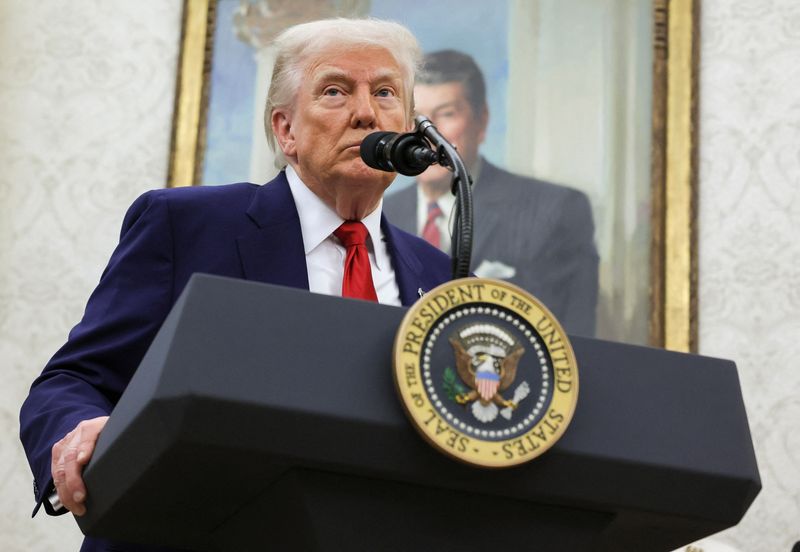Trump's Golden Dome When ambition surpasses defense technology?

Former US President Donald Trump has announced a massive missile defense plan called the “Golden Dome,” which is expected to provide a near-perfect shield for the United States against airborne threats.
The $175 billion plan, scheduled to be rolled out over three years, is aimed at countering a variety of threats: from ICBMs, cruise missiles, hypersonic weapons, to unmanned aerial vehicles (UAVs).
Mr. Trump also revealed that Canada has expressed interest in joining the system, transforming the initiative from “Iron Dome for America” into a comprehensive regional air defense shield.
Big Ambitions Can Technology Keep Up?
According to analysts at Bernstein, the plan is reminiscent of the Reagan-era Strategic Defense Initiative (SDI), a program that failed due to insurmountable technical hurdles.
The Golden Dome is expected to be built on existing systems such as:
THAAD
Patriot
GMD
SM-3
However, Bernstein cautioned that attempts to intercept missiles in the boost phase – the ideal but most difficult to deploy defense have failed many times in the past.
Costs could exceed estimates
Although the program started with $25 billion in a Senate bill, the Congressional Budget Office (CBO) warned that the total cost could exceed $500 billion, much higher than Trump’s estimate.
Completely protecting 346 major US cities would require hundreds of terminal interceptors, a cost the CBO called “unreasonable” when compared to the $8 billion currently spent defending Guam, a much smaller island.
Defense industry to benefit
Despite the controversy, analysts expect military spending to increase significantly in the coming years, regardless of whether the entire system is deployed.
Companies that could benefit from the initiative include:
Lockheed Martin (NYSE: LMT)
RTX (Raytheon)
Northrop Grumman (NYSE: NOC)
L3Harris
Boeing (NYSE: BA)
BAE Systems (LON: BAES)
SpaceX, Anduril (as non-traditional technology partners)
General Michael Gutlein, former deputy director of space operations, will lead the program, but analysts are concerned about the lack of a clear procurement strategy—a concern that has plagued projects like FCS, Deepwater, and JTRS.
Is defense more expensive than offense?
Bernstein also questioned the strategic effectiveness of missile defense. They argue that attack systems such as:
Columbia-class submarines
B-21 stealth bombers
Sentinel ICBMs
…still provide a more effective and lower-cost deterrent than expensive missile interceptors that are vulnerable to rapid adversaries.
Are space interceptors a dream or a reality?
A highlight of the “Golden Dome” is space interceptors. However, to be effective, hundreds of new satellites would need to be deployed just to handle a single missile launch, an extremely expensive and complex problem.
While next-generation tracking systems such as HBTSS and OPIR are being developed, space defense remains a huge technical challenge.
Is Boeing (BA) a stock to invest in right now?
Despite the concerns, one thing is certain: the defense industry will see a massive capital injection, and companies like Boeing (BA) will be among the beneficiaries.
Investing.com’s smart stock-picking tool, ProPicks AI, rates Boeing as one of the stocks with the potential to generate huge long-term profits, especially when tied to strategic programs like the “Golden Arches.”
